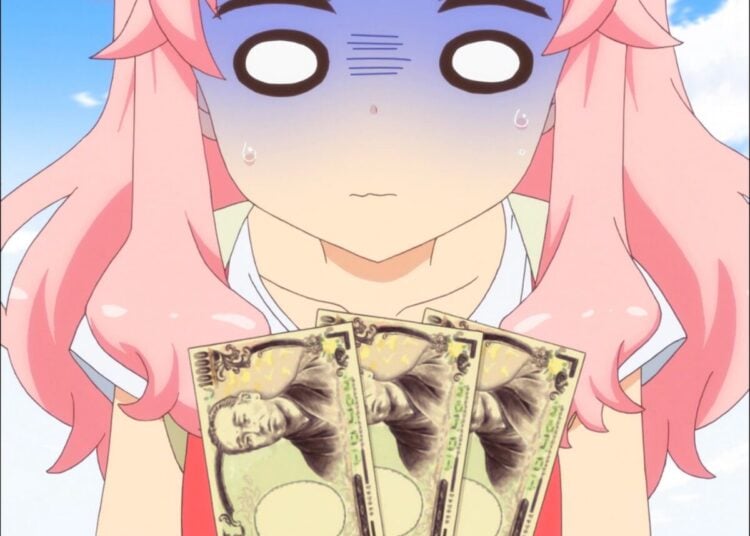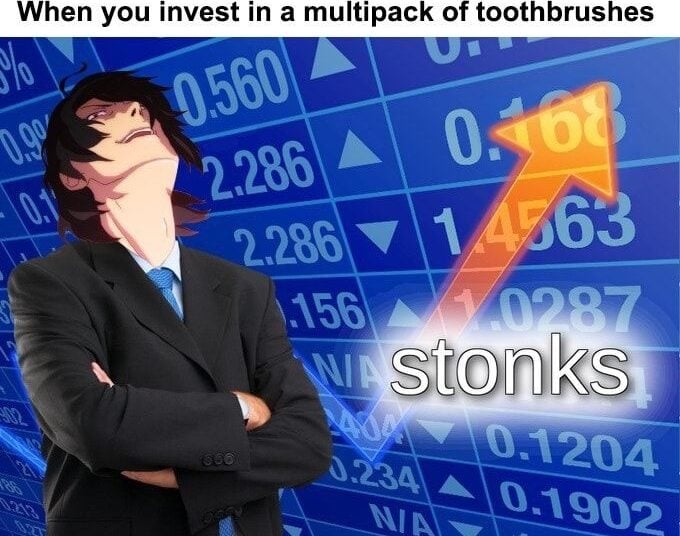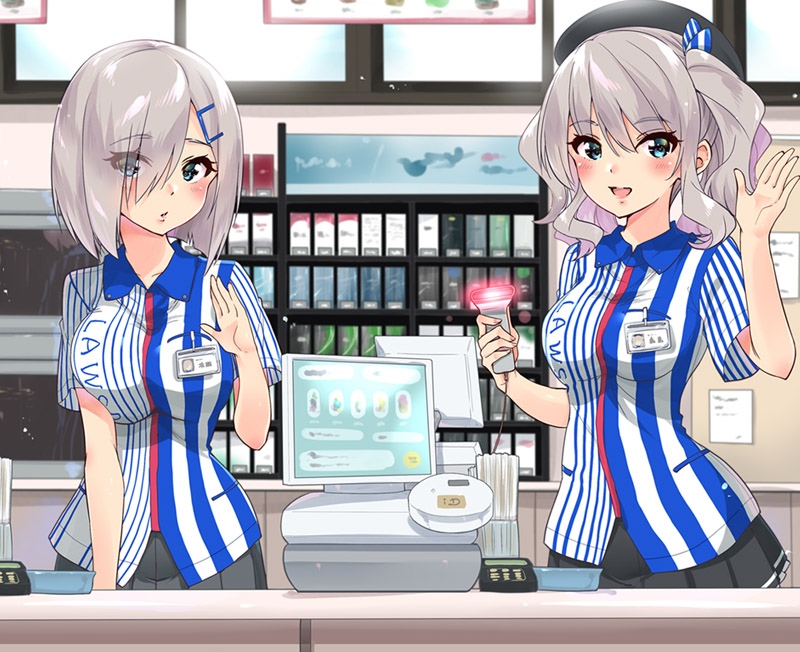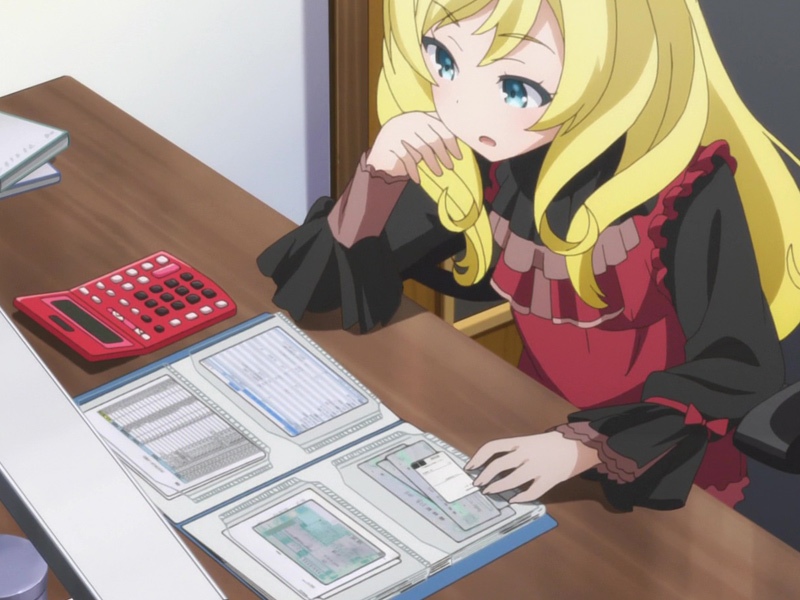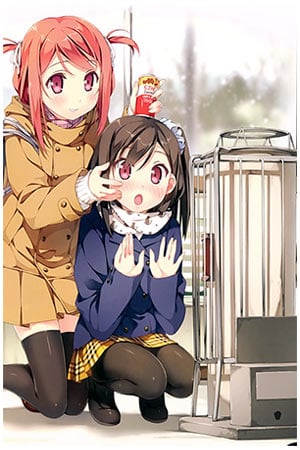If you follow news in Japan at all, you might have seen that Prime Minister Abe has announced a target of 2% inflation for Japan, and is directing the Bank of Japan to assist in increasing the money supply to make this happen. The idea of a country willingly embarking on a policy that creates inflation must sound very strange, but then Japan isn’t like most other countries. I came to Japan in 1991, right at the end of the Tokyo Asset Bubble, during which the land in Tokyo was worth more than the entire United States on paper, and since that time Japan has experienced zero inflation, and even some deflation. Except for the price of gasoline — currently 155 yen per liter, the equivalent of €1.32/liter or $6.65/gallon, in case you were curious — the only thing that’s risen in price since 1991 is Coca-Cola, which went from 100 yen to 120 yen in 1994. It must sound nice, living in a country where things don’t get more expensive year-to-year, but it’s actually unhealthy for an economy, as it leads to economic stagnation, low wage growth and people putting off purchases today because they might be cheaper tomorrow. Having prices rise a little probably won’t hurt Japanese families much — incredibly, Japanese households have between $130,000-$180,000 saved in cash, nearly always in bank accounts bearing zero interest.

Captain Abe prepares to save Japan using…inflation?


